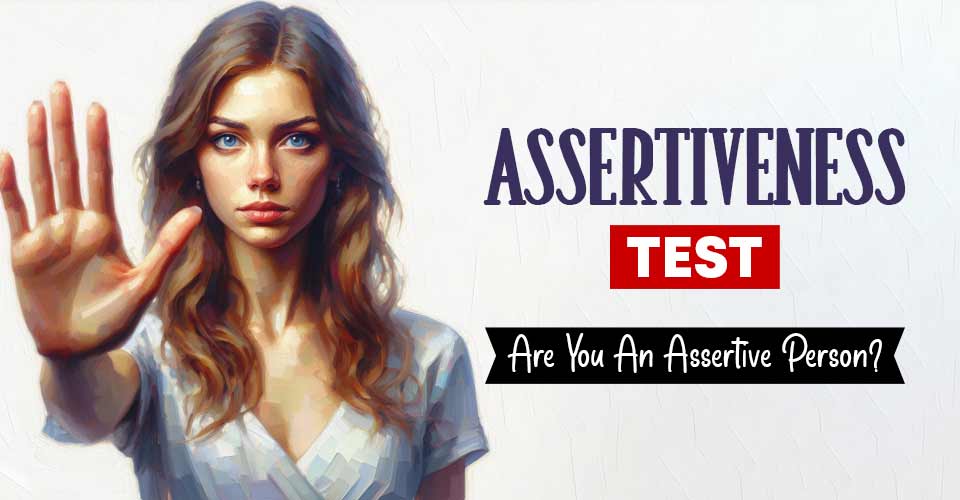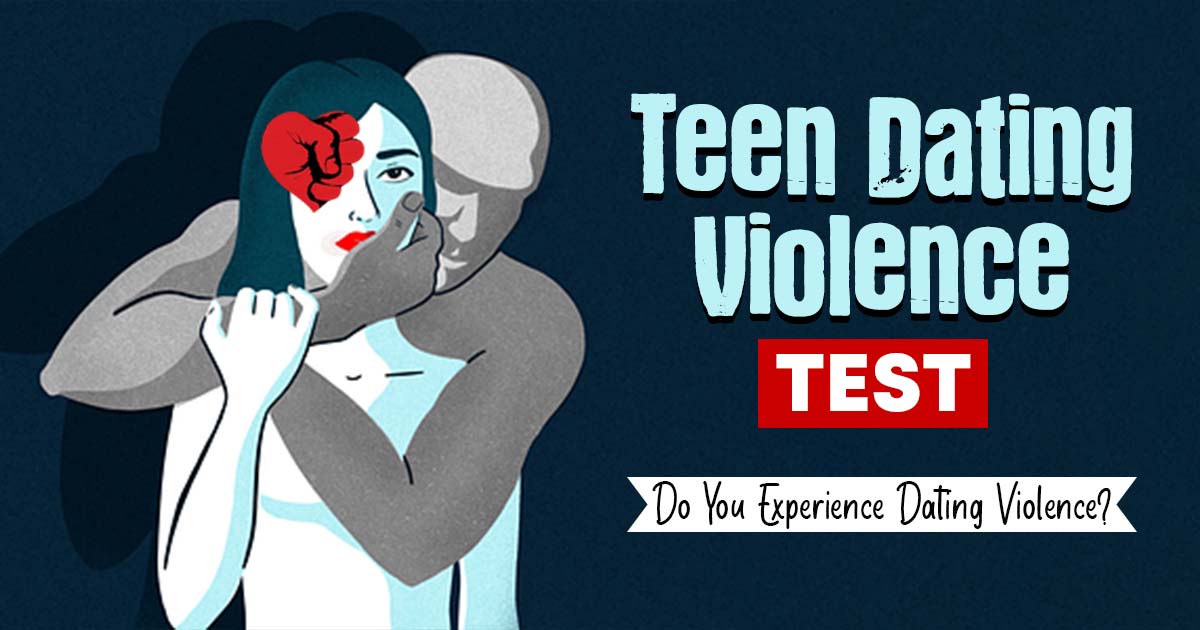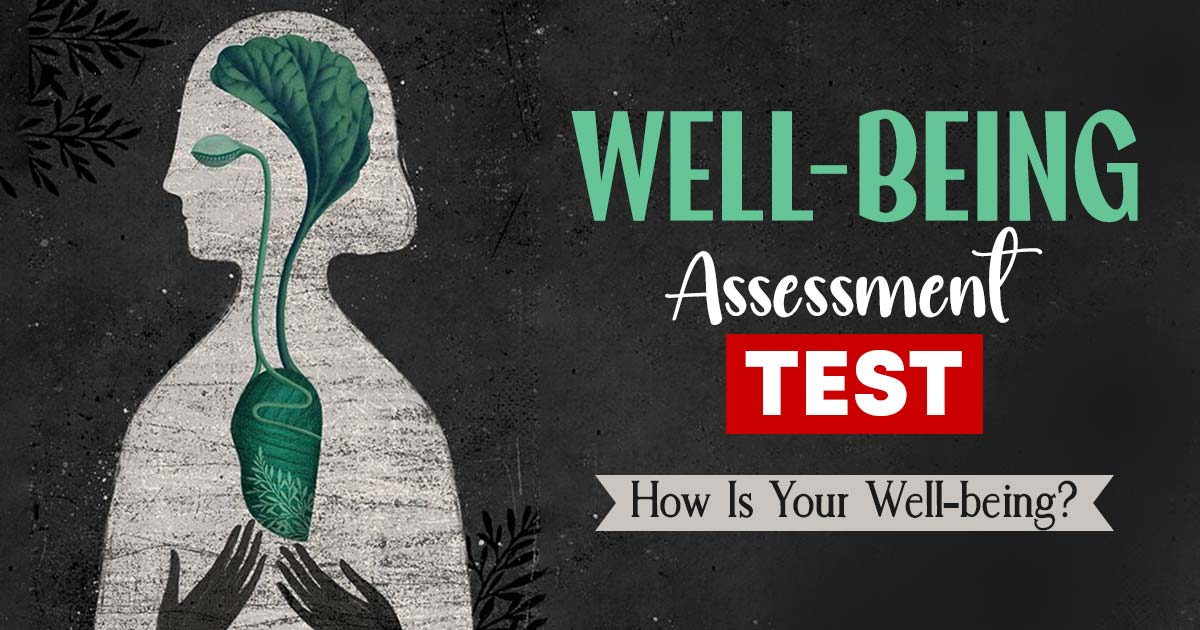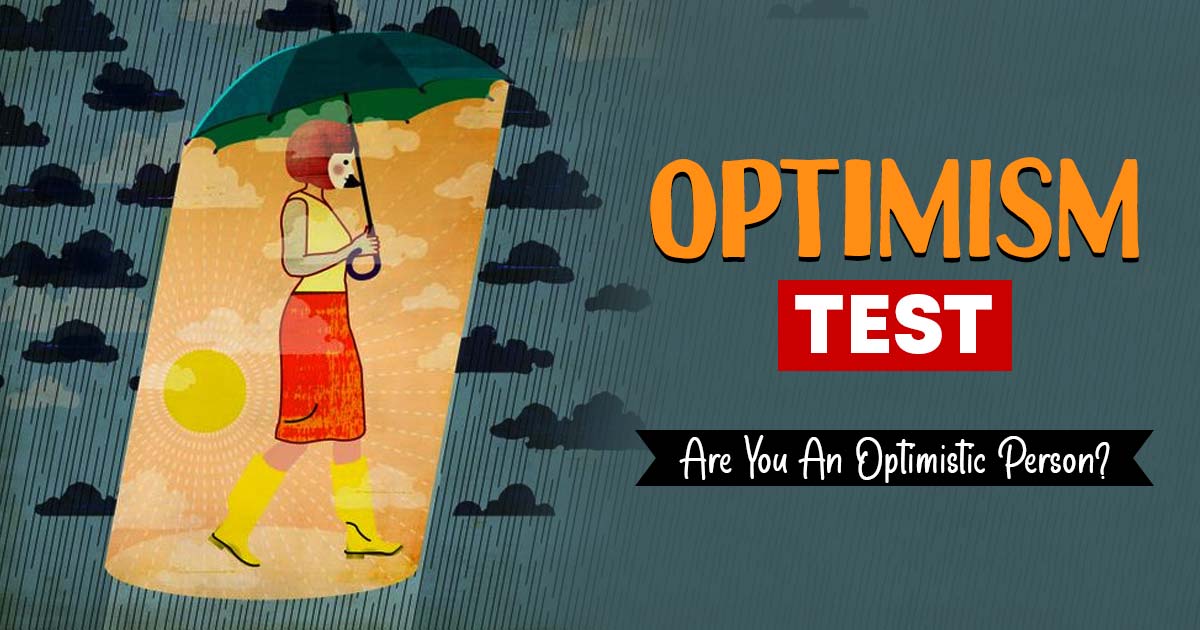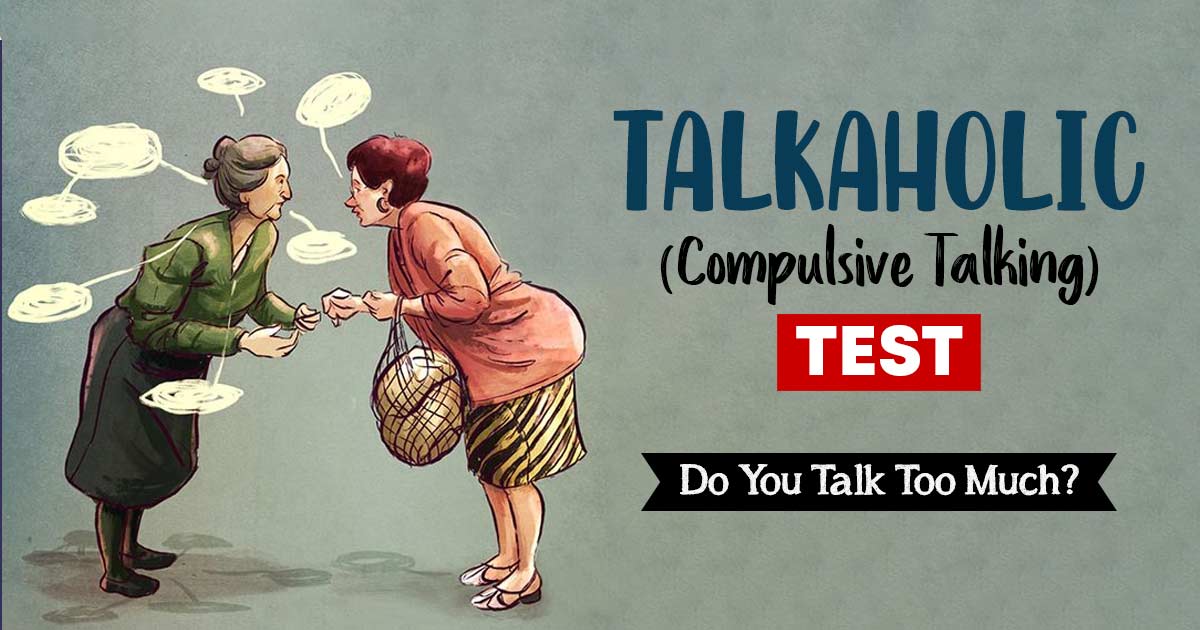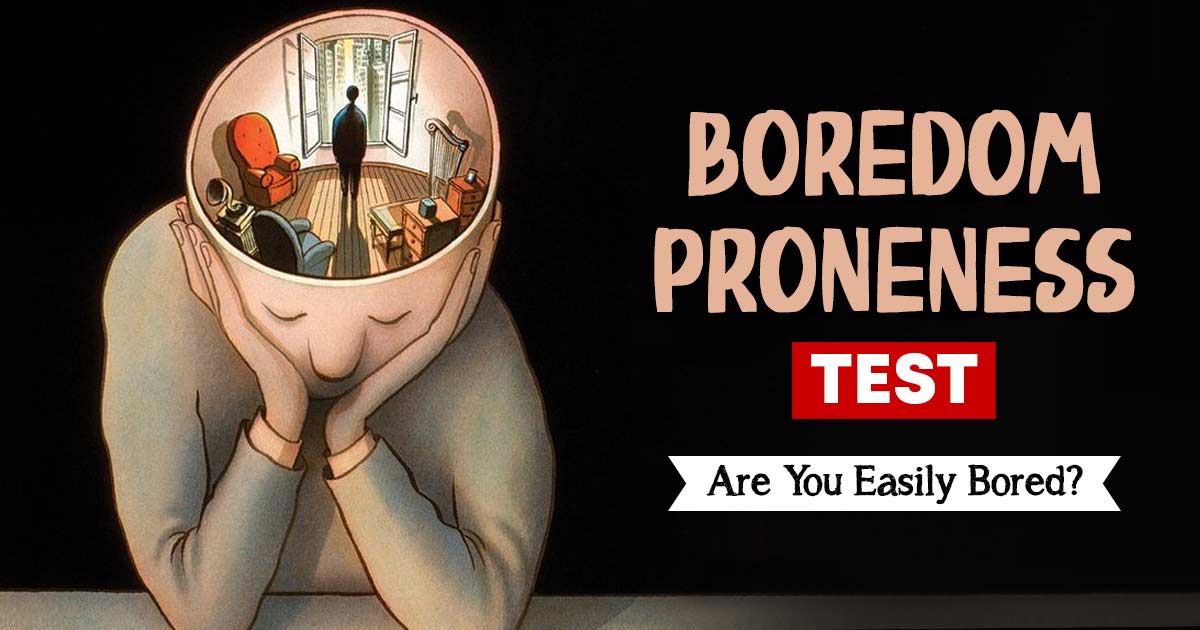Do you tend to feel irritable over small things? Do you feel impatient or frustrated when things do not go your way? Do you have a tendency to act impulsively without considering the consequences? Or, are you able to show empathy and appreciation towards others? Take this online hostility test to know whether you have characteristics of hostility or not.
What Is Hostility?
Hostility refers to a state of antagonism, aggression, or passive hatred towards someone or something. It involves negative attitudes, emotions, and behaviors, such as anger, resentment, contempt, and violence, that are directed toward another person or group.
Hostility can arise from various causes, such as personal conflicts, ideological differences, cultural or racial biases, or situational stressors.
It can manifest in verbal or physical forms of aggression, ranging from insults, threats, bullying, and physical assaults to acts of terrorism. Hostility can have serious consequences for both individuals and society, as it can lead to interpersonal conflicts.
A few signs of hostility include:
- A high level of anger outbursts and frustration towards others
- Difficulty in regulating their emotions
- Blaming others for their problems
- Difficulties in building adequate interpersonal relationships
- Lack of empathy or concern toward others’ feelings
- Showing the impulse to act immediately
Read More About Hostility Here
Instructions For Taking Hostility Test Online
Below is a list of statements that relate to an individual’s characteristics related to hostility. Please read each statement carefully and rate the extent to which these are relevant to you.
Please note: This hostility test is a self-assessment.
Assessment Summary
0 of 15 Questions completed
Questions:
Information
You have already completed the assessment before. Hence you can not start it again.
Assessment is loading…
You must sign in or sign up to start the assessment.
You must first complete the following:
Results
Results
Your time:
Time has elapsed
You have reached 0 of 0 point(s), (0)
Earned Point(s): 0 of 0, (0)
0 Essay(s) Pending (Possible Point(s): 0)
Categories
- Mental Health Assessment 0%
-
Low Sign Of Hostility
Your score indicates that you have a low sign of hostile behavior. It is evident from your response that you might feel irritable or angry over small things to a few extent and may show an immediate urge to act in a few cases without considering the results of it. Further, your score seems that you might blame others to a few extents for your problems. Also, it can be seen from your response that you might feel impatient or frustrated a few times when things do not go on your way and might raise your voice when starts arguing with someone.
It might also be possible that to a few extents, you may feel difficult to be friendly and approachable towards others and also, find it hard to accept your fault in a few situations. However, it should be noted that these signs would not cause any such significant disruption that impacts social, occupational, personal and other areas of your life.
Want to learn more?
Some ways that can help to prevent hostility in an individual, such as practicing active listening and empathy to improve communication with others, finding a creative way to channel the hostile behavior like painting and dancing, engaging in regular exercise to improve mood, and practicing mindfulness such as meditation and yoga and learning how to manage impulse and aggression. If you want to know how to deal with your hostile behavior, talk to our professional psychologists.
You can use our Mood Tracker to stay mindful of your mood every day, and identify your innermost thoughts & emotions on a daily basis. It will help you in doing the things you love while limiting activities that might dampen your mood.
-
Moderate Sign Of Hostility
Your score indicates that you have a moderate sign of hostile behavior. It is evident from your response that you might feel irritable or angry over small things to some extent and often show an urge to do something without considering the consequences of it. Further, your score shows that you might blame others in some cases for your problems. Further, it can also be seen from your response that you might feel impatient or frustrated sometimes when things do not go on your way and might raise your voice sometimes when starts arguing with someone.
It may also be possible that sometimes you feel difficulty being friendly and approachable toward others and find it hard to accept your faults in certain situations. However, it should be noted that these signs may cause a few significant impairments in social, occupational, personal, and other areas of your life.
Want to learn more?
Some ways that can help to prevent hostility in an individual, such as practicing active listening and empathy to improve communication with others, finding a creative way to channel the hostile behavior like painting and dancing, engaging in regular exercise to improve mood, and practicing mindfulness such as meditation and yoga and learning how to manage impulse and aggression. If you want to know how to deal with your hostile behavior, talk to our professional psychologists.
You can use our Mood Tracker to stay mindful of your mood every day, and identify your innermost thoughts & emotions on a daily basis. It will help you in doing the things you love while limiting activities that might dampen your mood.
-
High Sign Of Hostility
Your score indicates that you have a high sign of hostile behavior. It is evident from your response that you seem to feel easily irritable or angry over very small things and tend to show an excessive urge to do something without considering any results of it. Further, your score shows that in most cases you seem to blame others for your own problems. Besides this, it can be seen from your response that you might feel strongly impatient or frustrated when things do not go on your way and in most cases tend to raise your voice when starts arguing with someone.
It may be possible that you tend to show difficulties very frequently in being friendly and approachable toward others and find it very hard to accept your faults in most situations in life. However, it should be noted that all these signs seem to indicate a strong significant disruption in social, personal, occupational, and other areas of functioning in your life.
Want to learn more?
Some ways that can help to prevent hostility in an individual, such as practicing active listening and empathy to improve communication with others, finding a creative way to channel the hostile behavior like painting and dancing, engaging in regular exercise to improve mood, and practicing mindfulness such as meditation and yoga and learning how to manage impulse and aggression. If you want to know how to deal with your hostile behavior, talk to our professional psychologists.
You can use our Mood Tracker to stay mindful of your mood every day, and identify your innermost thoughts & emotions on a daily basis. It will help you in doing the things you love while limiting activities that might dampen your mood.
- 1
- 2
- 3
- 4
- 5
- 6
- 7
- 8
- 9
- 10
- 11
- 12
- 13
- 14
- 15
- Current
- Review
- Answered
- Correct
- Incorrect
-
Question 1 of 15
1. Question
I tend to feel angry or irritable, even over small things.
-
Question 2 of 15
2. Question
I find myself using harsh language when talking to others.
-
Question 3 of 15
3. Question
I try to see things from others’ perspectives before making a judgment.
-
Question 4 of 15
4. Question
I tend to feel doubtful of others’ intentions.
-
Question 5 of 15
5. Question
I try to be friendly and approachable toward others.
-
Question 6 of 15
6. Question
I tend to show an immediate urge of doing something without considering the results of it.
-
Question 7 of 15
7. Question
I have difficulty forgiving someone who has hurt me.
-
Question 8 of 15
8. Question
I tend to blame others for my problems.
-
Question 9 of 15
9. Question
When I feel like talking about my need I do not consider any other situational barrier.
-
Question 10 of 15
10. Question
I tend to be rude to people whom I do not like.
-
Question 11 of 15
11. Question
I tend to raise my voice when I argue with someone.
-
Question 12 of 15
12. Question
I feel impatient or frustrated when things do not go on my way.
-
Question 13 of 15
13. Question
I do not like to invest time in understanding others.
-
Question 14 of 15
14. Question
I do not directly admit when I am wrong.
-
Question 15 of 15
15. Question
I am able to appreciate others’ achievements without feeling threatened or insecure.




